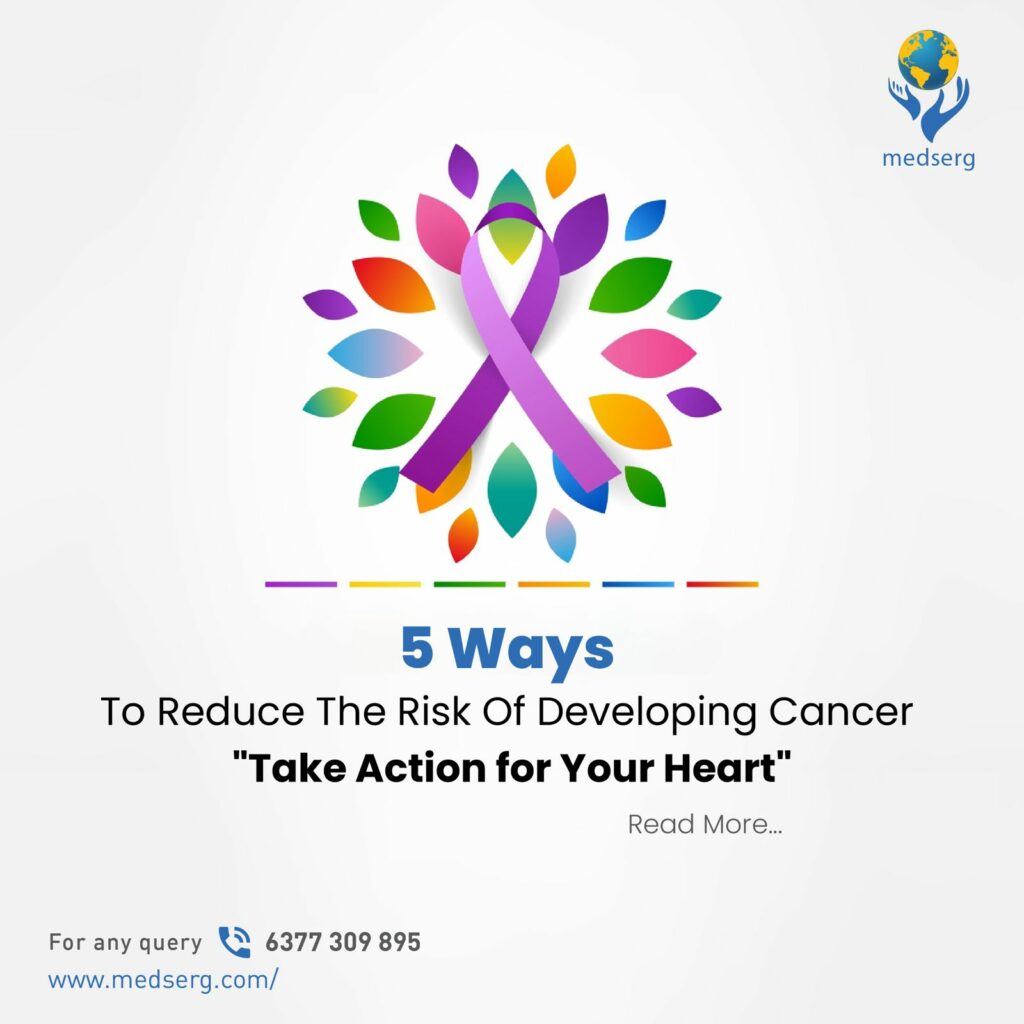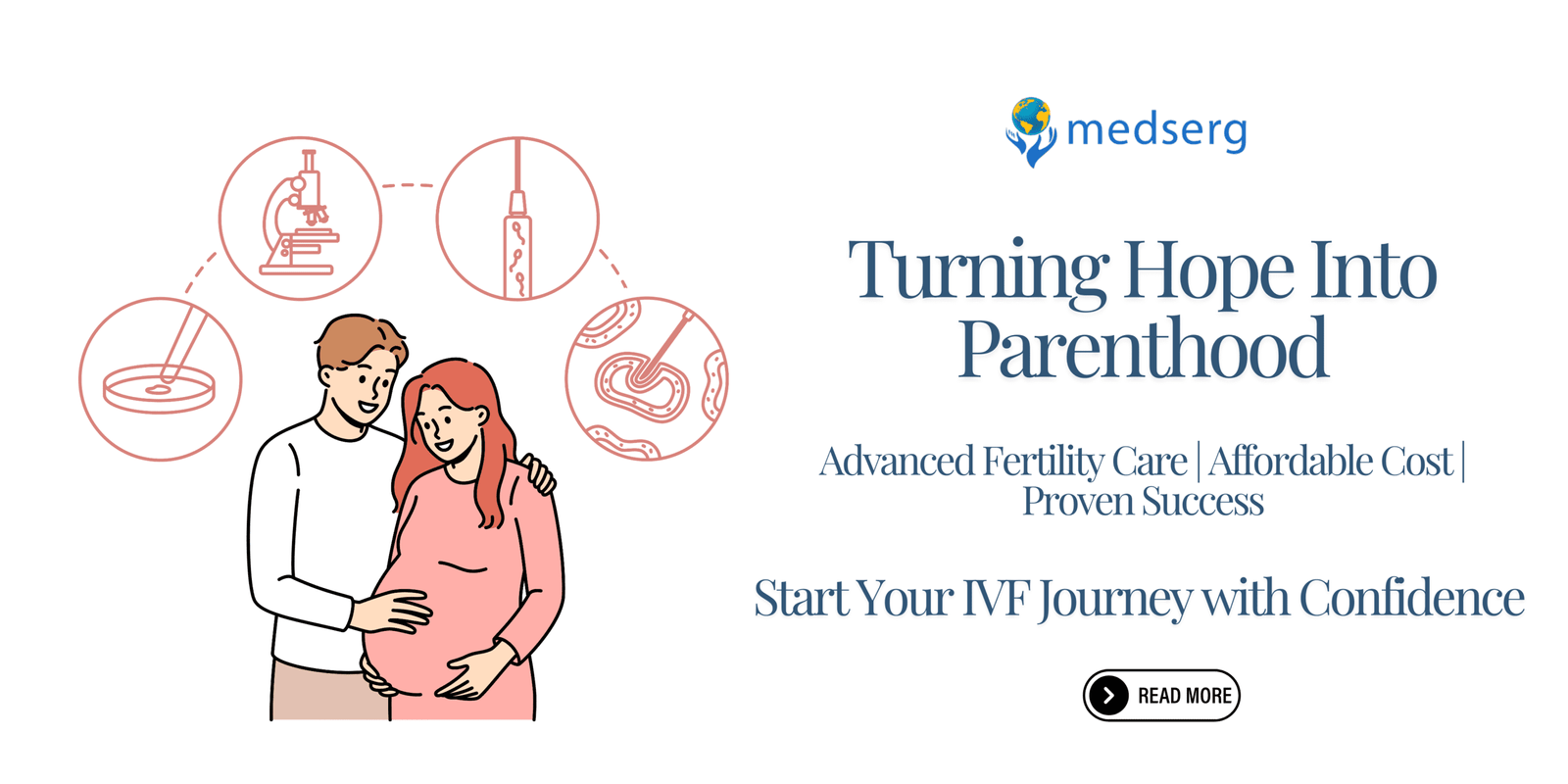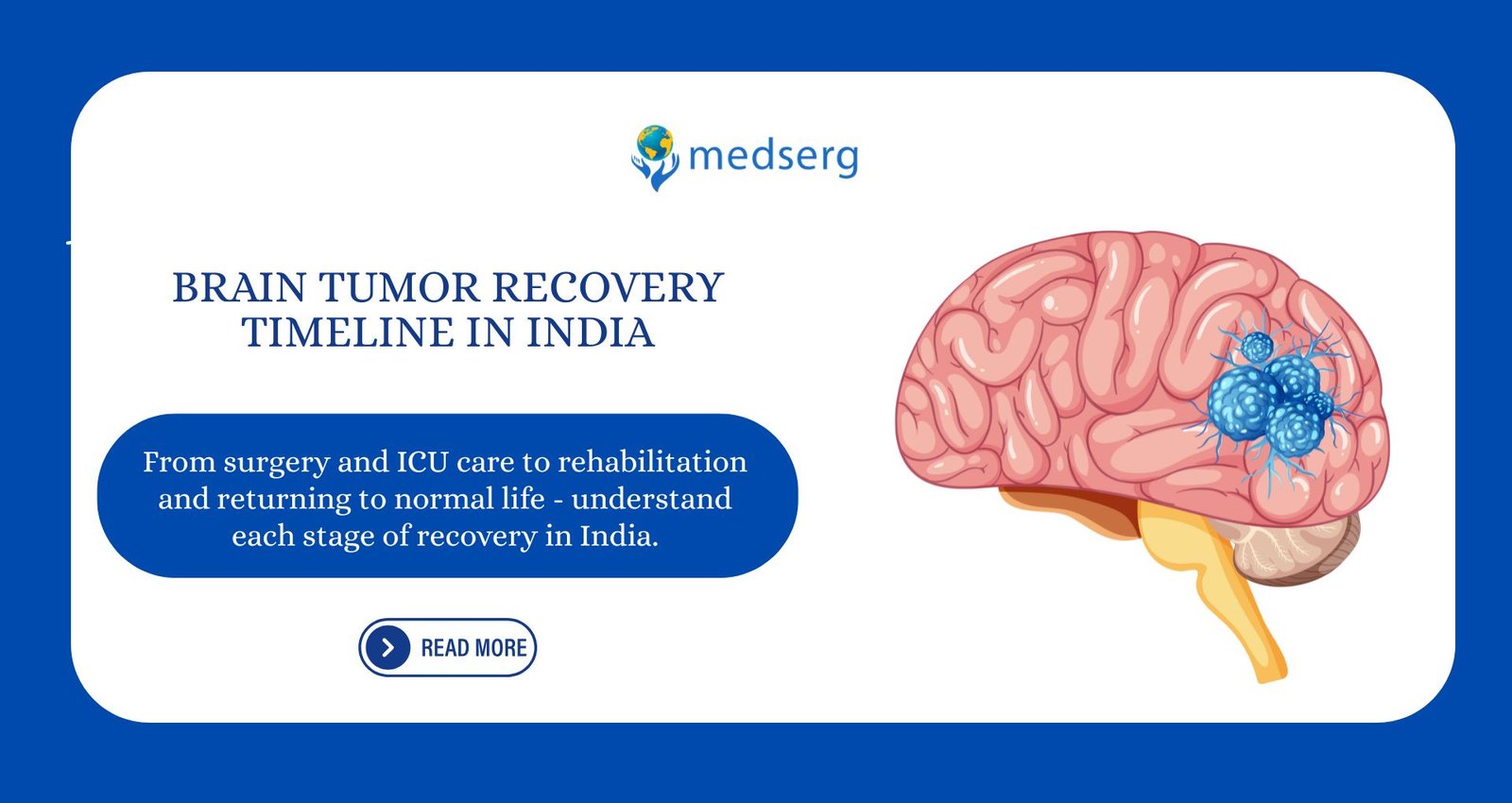1. Stop or limit Smoking And Tobacco Products
Tobacco use, whether through smoking or chewing, has been linked to several types of cancer, including lungs, mouth, voice box, throat, pancreas, kidney, cervix, and bladder. Even exposure to secondhand smoke can raise the risk of lung cancer. To reduce the risk of developing cancer, avoiding or limiting tobacco is crucial. Consult with your healthcare provider or seek expert advice (NHS experts) to quit the habit of smoking. They can offer support and resources to help quit, such as stop-smoking products and other quitting methods.
2. Eat A Healthy Diet
Diet is one factor that can be altered to reduce the risk of cancer. Research has shown that certain foods, such as processed meats, red meat, deep-fried foods, salted fish, sugar-sweetened drinks, fast food, and hot beverages, may increase the likelihood of developing cancer. Avoiding regular intake of these foods may help in reducing the risk of cancer.
To reduce the risk of cancer, diet that has a high intake of fruits and vegetables. Plant-based foods such as whole grains, fruits, vegetables, and legumes can be added to the daily diet. Choosing low-calorie options and limiting consumption of high-calorie foods is equally essential. Additionally, avoiding excessive consumption of refined or processed sugars is important.
3. Maintaining A Healthy Weight
Obesity has been linked with an increased risk of several types of cancer, including kidney, pancreatic, breast, ovarian, esophagus, colon, thyroid, multiple myeloma, and uterus. Being obese also raises the likelihood of developing severe health conditions such as diabetes. In addition, obesity can cause chronic inflammation and hormonal imbalances, which may further increase the risk of cancer.
4. Stay Physically Active
A healthy weight can be maintained by eating a balanced diet and engaging in physical activities regularly. You can try brisk walking, jogging, yoga, swimming, cycling, or any other exercise you like to maintain a healthy weight.
5. Protect Yourself From The Harmful Rays Of The Sun
Skin cancer happens to be one of the most common and preventable forms of cancer. To reduce your risk of skin cancer, follow these tips,
- Avoid being in the sun between 10 a.m. and 4 p.m.
- Apply a broad-spectrum sunscreen with a minimum SPF of 30 and reapply every 2 hours or after swimming or sweating
- Seek shade from the sun and wear protective clothing, such as a hat and sunglasses, to cover your skin
- Avoid using tanning beds or sunlamps
MedSerg presents a curated list of top medical experts specializing in cancer treatment. Connect with us to find renowned medical oncologists, head and neck oncologists, neuro-oncologists, and ortho oncologists for personalized cancer care.























